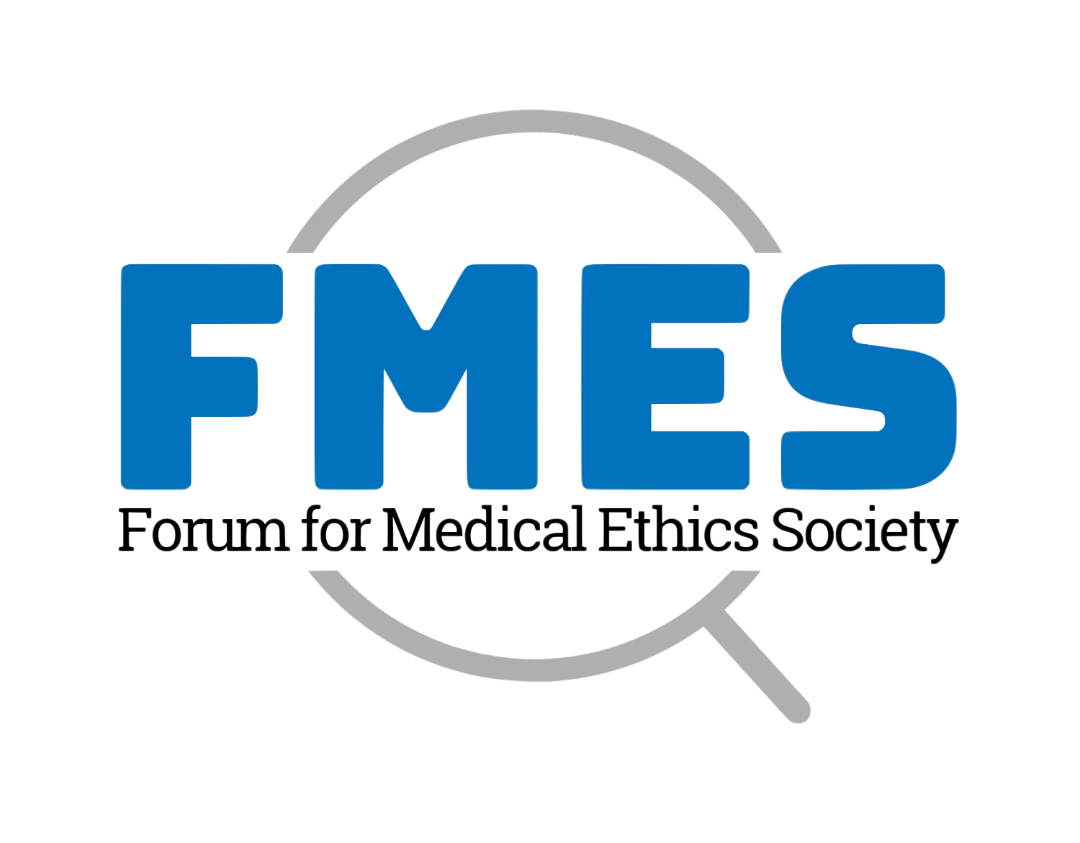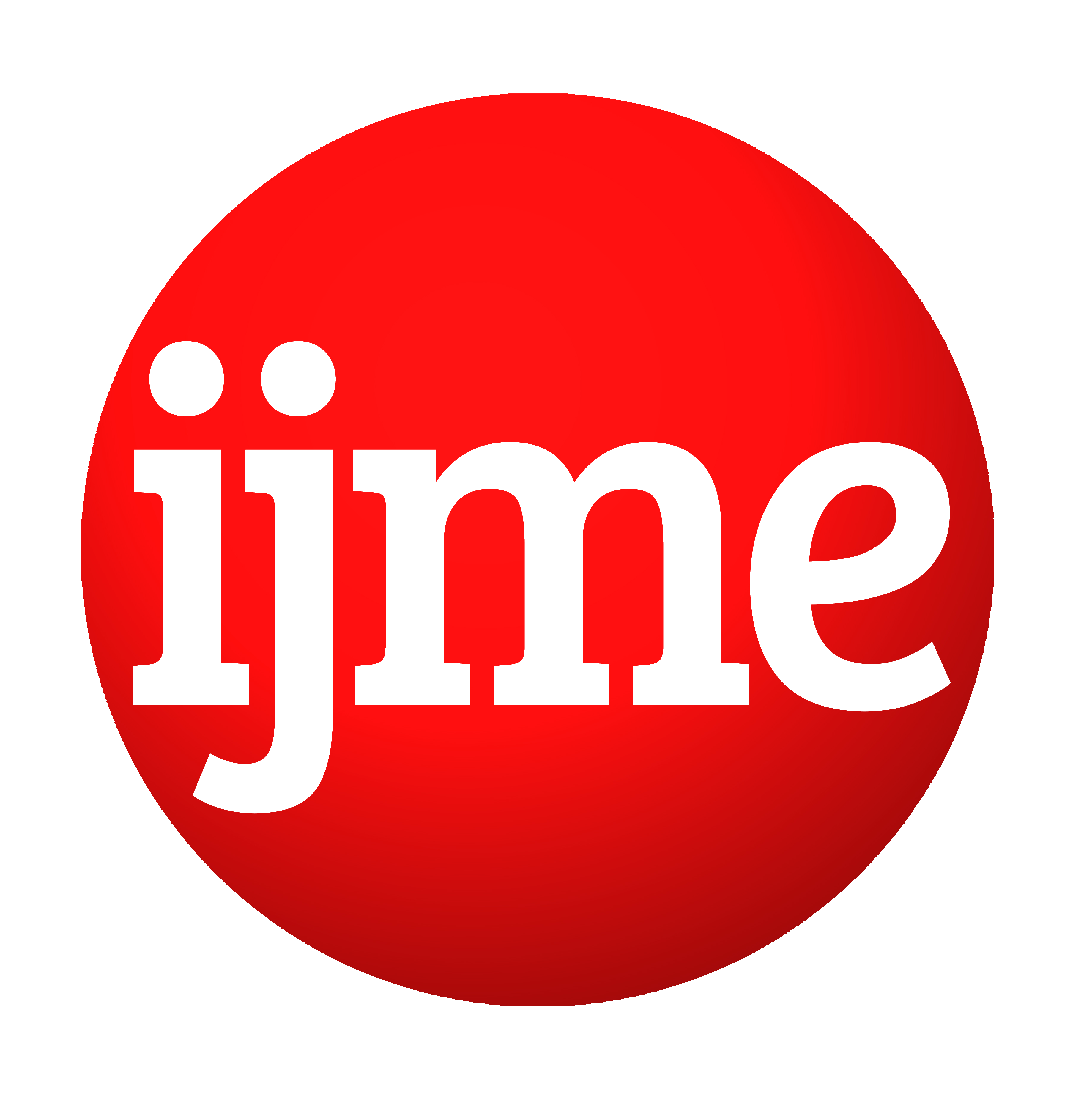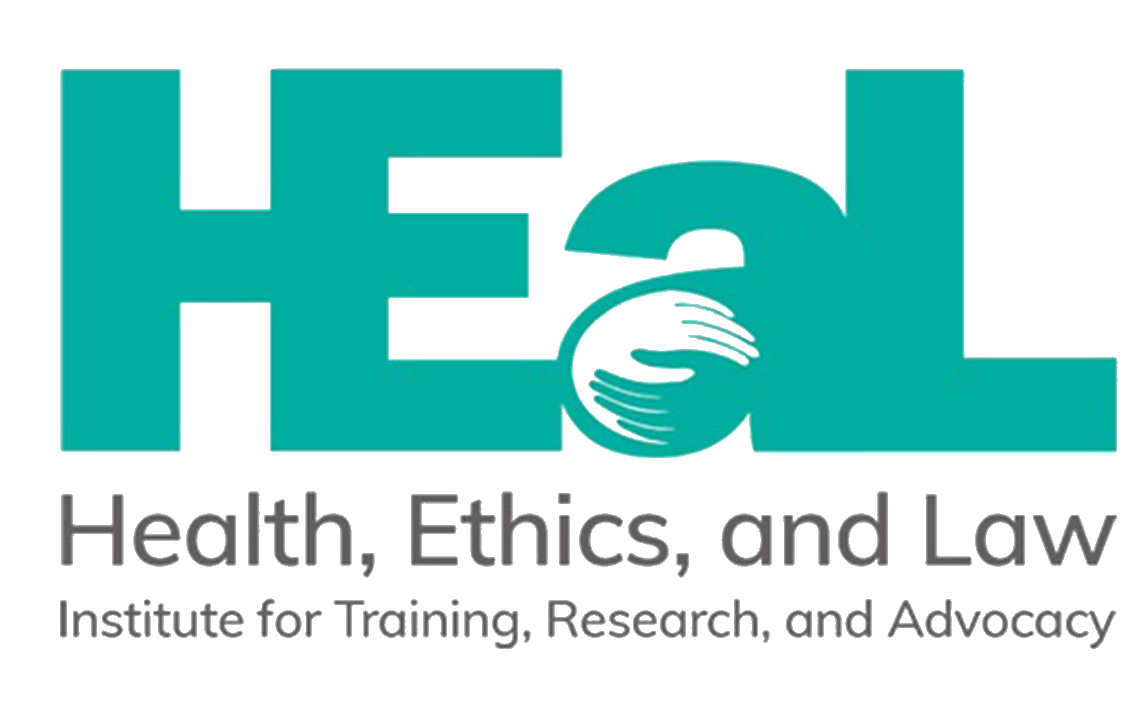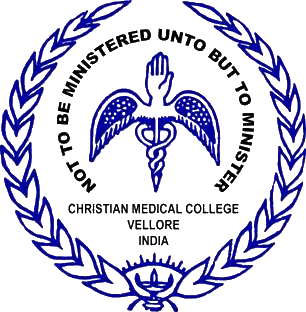JOINT 5th GLOBAL MENTAL HEALTH SUMMIT (GMHS) AND
9th NATIONAL BIOETHICS CONFERENCE (NBC)
CALL FOR PRE- AND POST-CONFERENCE EVENTS
e-satellite meetings/workshops/symposia/trainings
To be held between November 15, 2022 and December 31, 2022
Pre- and post-conference engagement in the form of workshops, symposia, trainings, and satellite meetings complement the scientific programme of the main Congress. The focus will be on Applied Knowledge and Skills, exploring issues in areas such as clinical practice, bioethics, and research within mental health spaces and bioethics. Events on themes in mental health, arts and health humanities are welcome, too.
Themes suggested for pre- and post-conference:
- Emerging issues in global mental health and ethics;
- Ethical challenges in decision-making in dementia care, clinical research, and social science research;
- Ethical issues, especially consent matters, in research involving vulnerable populations, and persons with compromised capacity;
- Ethical issues, especially conflict of interest, in clinical psychiatry concerning big pharma’s approach to research and marketing practices;
- Ethical issues in mental health research and care involving immigrants and other marginalised populations;
- Ethics around covert or surreptitious medication in mental health;
- Involuntary hospitalisation and coercive treatment of persons with mental health conditions: Ethical, legal and human rights issues;
- Innovations in mental health research, care, and community level interventions: Opportunities and challenges;
- Mental health and social determinants: Discourses expanding horizons towards meeting SDGs
- Mental healthcare for diverse populations and ‘does one size fit all?’: Discourse, equity, and justice;
- Mental health concerns impacting survivors of violence in general, and violence against women and minorities in particular, and healthcare system’s obligations to cater to mental healthcare needs;
- Mental healthcare in non-communicable diseases (NCDs) and communicable health conditions: Equity and justice matters, healthcare system and policy matters;
- The Mental Healthcare Act (MHCA) 2017: Individuals’ rights versus treatment needs;
- Any other allied themes to the main theme of the conference centre-staging ethics, legal matters, human rights concerns, and policy issues;
- Other themes which fall within the broader purview of health and bioethics from across the wide-ranging subfields of bioethics such as, public health ethics, research ethics, clinical ethics, and ethics of digital health applications.
Pre-and post-conference engagements offer conference delegates an opportunity to gain in-depth understanding of bioethics issues, share practical experience and latest advances in research and practice, learn directly from experts, and meet with peers in their fields of interest.
Registration: Delegates are required to register separately for specific pre- and post-conference meetings/workshops/symposia/trainings.
Pre- and post-conference event dates: Between November 15, 2022 and December 31, 2022, except the main conference days — December 3, 10, and 17, 2022.
Pre- and post-conference event venues: Virtual. The conference secretariat located at FMES will provide zoom platform and logistics support required for hosting virtual events.
Format: Courses, workshops, seminars, lectures, technique/skill demonstrations, case study discussions, and/or discussion groups.
Duration: Given that these events will be organised in virtual spaces, it offers flexibility regarding the duration of the events and helps scheduling them in a staggered manner, spread over two days. The following are possible options for consideration, and the conference secretariat and the conference organising committee are open to alternatives.
- One full day | 7-8 hours between 9 am and 6 pm with adequate breaks in-between.
- Two full days | 7-8 hours between 9 am and 6 pm.
- Half day | 3-4 hours; between 9 am and 1 pm; or 2 pm and 6 pm.
Fees to the organisers: INR 20,000/- per day of pre- and post-conference satellite meetings/workshops/symposia/trainings will be discussed on one-on-one basis with members of the conference organising committee. Please reach out to the secretariat for any further clarifications on this matter.
Submission process: Please submit your proposals to [email protected] with the subject ‘Proposal for pre- and post-conference satellite meeting’.
Important dates:
- a. Submission opens: Oct 15, 2022
The Conference Organising Committee will screen the submissions on an on-going basis. The Conference Secretariat will make all the efforts to revert within about a week of receiving the proposal for further conversation towards decision making.
Submission of proposals: The pre- and post-conference organiser (principal author) may submit proposals on behalf of all presenters, whose agreement to participate must have been obtained prior to submission.
Submission guidelines: Submission should include the following:
- Title of the proposed pre- or post-conference satellite meeting/ workshop/ symposium/ training.
- Names of the pre- or post-conference organiser and all presenters.
- Contact details of all presenters including:
- full name, organisation/institution, city and country as you would wish the information to appear in the completed programme;
- e-mail, work telephone, mailing address;
- a short biography. This should outline academic qualifications, positions/appointments, most recent publications, and presentation track record of last five years, research information (interests, grants), and background of their professional practice [in about 200 words].
- Information about the target audience [about 25 words].
- Summary of the session format that will be followed [about 100 words].
- Overview of the pre- or post-conference content. This will be used in promotional materials and should include:
- Title;
- Presenters (principal organiser, followed by up to 4 presenters);
- Learning objectives (up to 3), if applicable (eg: for training workshops);
- Level of learning, if applicable (eg: training workshops);
- Description (supported by up to 10 references);
- Expected outcomes;
- Keywords (up to 3);
- Acknowledgement of financial and non-financial support, if applicable [30 words].
Total [750 words covering items 6.1 to 6.h]
- If the proposal is accepted, audio-video recording of proceedings needed (Yes/No).
- If proceedings are recorded, consent to make it available on the conference and summit websites, and be used for dissemination (Yes/No).
Selection criteria
Pre- and post-conference proposals must comply with the aforementioned submission guidelines. Some of the key criteria for selection of the proposals would be that they:
Explore contemporary issues in bioethics and mental health, most recent ideas, evidence, methods and areas of controversy in bioethics and mental health literature related to outcomes for people and populations and to moving the profession forward;
Inspire delegates with a clear purpose and defined outcomes;
Connect delegates with diverse interests and from different backgrounds through active engagement;
Include speakers with diverse experience and positions in the topic, as well as patient/client and LMIC perspectives.
General information
- The pre- and post-conference meetings/events will be conducted in English and hence, all proposals and presentations must be made in English. However, these can also be in vernacular or regional languages if event organisers wish to engage with any specific communities and may decide on language preferences to cater to needs of prospective audience.
- Fee decided in consultation with the secretariat and/or members of the organising committee for pre- and post-conference is to be paid by event organiser/s within two weeks from the date of notification of acceptance of the proposal from the Congress Organising Committee.
- All research and studies that involve human participants and animal subjects reported in submitted proposals must comply with general ethical principles.
- Any source of funding or support for the work being presented should be acknowledged.
- Presenters are requested to disclose potential conflicts of interest regarding their presentation in the first slide, allowing the audience to take it into account when assessing the objectivity of the presentation.
- If pre- and post-conference organisers wish to audio-video record the proceedings, please mention it in the proposal. They could be made available on the Conference website.
- Pre- and post-conference organisers and presenters are encouraged to use their social media channels to promote their involvement in the Conference. The Conference Secretariat will also help in disseminating information related to successful pre- and post-conference programmes.
- Descriptions and objectives for each pre- and post-conference will be published in the preliminary and final programme schedule, on the Conference website and in other promotional material.
- The placement of the programme will be determined by the Conference Organising Committee to ensure the best fit within the overall Conference schedule. Any requests for specific dates and times cannot be guaranteed but will be considered if requested at the time of proposal submission.





